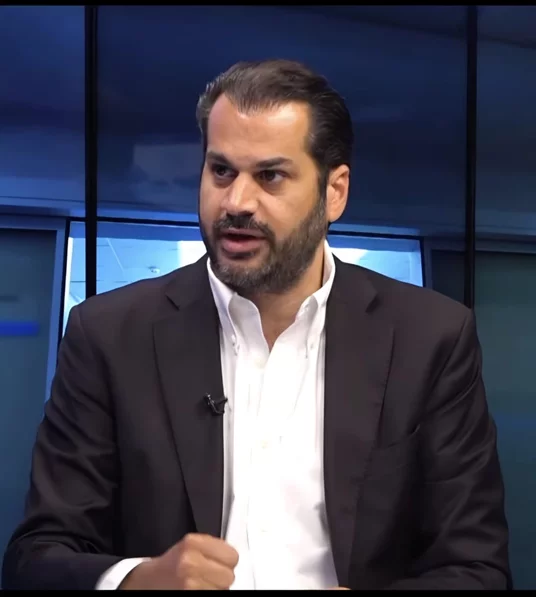The Beirut Housing Rehabilitation and Cultural and Creative Industries Recovery Project (BERYT) is officially concluding, marking a significant milestone in restoring Beirut’s historic fabric and supporting families affected by the devastating Port of Beirut explosion of August 2020.
Under the patronage of the Minister of Culture Ghassan Salamé, the closing event was held in in the garden of one of the Project’s rehabilitated heritage buildings in Mar Mikhael, and gathered key stakeholders, including Lebanese government officials, project beneficiaries, project partners, representatives from donorsof the Lebanon Financing Facility (LFF), the World Bank, UN-Habitat, and UNESCO.
Implemented by UN-Habitat and financed by the LFF, a multi-donor trust fund administered by the World Bank, the BERYT project has been central to the recovery and resilience-building of Beirut’s cultural landscape, with UNESCO overseeing the Cultural and Creative Industries component.
At the heart of BERYT was the rehabilitation of 12 residential buildings of heritage value in Beirut’s Rmeil, Medawar, and Achrafieh neighbourhoods. Beyond preserving the city’s architectural identity, the project ensured that families could safely return to their homes, turning recovery into both a human and cultural achievement.
“Lebanon is not an orphan, because when it was struck by the port disaster, many friendly and sister countries and international organizations rushed to help it” said Ghassan Salamé, the Minister of Culture. “"when disasters and disasters occur, cooperation between the state and civil society is essential, and their efforts must be combined, because this is one of the best ways to recover from any setback. Whoever believes that this country has a future without a state is mistaken, and whoever believes that the state alone is capable of carrying out all its duties is mistaken."
The selection of buildings involved an extensive, multifaceted process, carefully assessing structural damage, heritage value, ownership status, future usage plans, and the socioeconomic vulnerabilities of residents and households. To preserve Beirut’s historical identity, rehabilitation works meticulously referenced original architectural designs and employed construction materials and techniques that sought to restore the buildings’ original character.
“Through the BERYT project, UN-Habitat has been at the forefront of rehabilitating Beirut’s heritage buildings severely damaged by the Port explosion, working hand in hand with the Governor, the municipality, the Directorate of Antiquities, and the Order of Engineering and Architects. Beyond the support to cultural and creative industries executed by UNESCO, and beyond preserving architectural and cultural heritage, the project has ensured that displaced families can safely return to their homes, restoring the social fabric of affected communities and reviving the cultural vitality of the city” said Hiroshi Takabayashi, OiC Head of UN-Habitat Lebanon Country Programme
“BERYT is both a response to an urgent crisis and a model for how integrated urban and cultural recovery can help fragile societies chart a more inclusive and sustainable development path”, said Enrique Blanco Armas, World Bank Group Country Manager for Lebanon. “Thanks to the generous support of the Lebanon Financing Facility donors -Canada, Denmark, the EU, France, Germany and Norway- the BERYT project has been instrumental in reviving Beirut’s cultural landscape and complementing the support provided for the socio-economic recovery of vulnerable people and businesses impacted by the explosion
A Technical Advisory Committee (TAC), led by the Governor of Beirut, was established under BERYT to provide strategic guidance and ensure coordination across reconstruction, recovery, and heritage revival efforts.
“Following the Beirut Port explosion, at a time when the government was paralyzed and resources were scarce, the Governorate of Beirut, together with the Municipality, the Directorate General of Antiquities, and the Order of Engineers, worked tirelessly to repair the damage, remove the debris, and support the families displaced from their homes” said the Governor of Beirut, Mr. Marwan Abboud. “We highly value our partnership with UN-Habitat and the generous support from the Lebanon Financing Facility and the World Bank. Initiatives such as the BERYT project offered a glimmer of hope and proved that even in the most difficult circumstances, preserving Beirut’s heritage and supporting its people remains both possible and essential.”
The event featured a virtual tour of the 12 buildings rehabilitated under the project, highlighting their restored architectural features, the preservation of Beirut’s cultural heritage, and the transformative impact on the surrounding communities. A photo exhibition was also held to showcase the project’s physical and social impact, including photos of the buildings before and after rehabilitation, construction workers during the rehabilitation process, and the heritage elements of Beirut’s neighbourhoods.
The BERYT project concluded, but its legacy lives on in every restored space, in every revived dream, and in the unbreakable spirit of a city that will always rise, always create, and always inspire. By investing holistically in both physical infrastructure and creative sectors, we ensure that Beirut not only recovers but remains a beacon of cultural expression and innovation, empowering its creative community to shape a brighter, more resilient future.
About the Lebanon Financing Facility (LFF)
Established in December 2020 in the aftermath of the August 4 Port of Beirut explosion and following the launch of the Reform, Recovery and Reconstruction Framework (3RF), the Lebanon Financing Facility (LFF) is a 5 year multi-donor trust fund that pools grant resources and strengthens the coherence and coordination of financing in support of the immediate socio-economic recovery of vulnerable people and businesses impacted by the explosion. To date, the LFF has received contributions and pledges from the governments of Canada, Denmark, France, Germany, and Norway and from the EU.
The LFF prioritizes three focus areas of interventions:1) Socioeconomic and business recovery; and 2) Preparing for reform and reconstruction; and 3) Strengthening coordination, monitoring, accountability and oversight of the 3RF. The LFF benefits from the World Bank’s high fiduciary standards, through the application of its fiduciary framework for financial management, procurement, and environmental and social safeguards. The LLF also ensures that programs promote gender equality and community engagement that target women, youth and vulnerable populations.
About the United Nations Human Settlements Programme (UN-Habitat)
UN-Habitat works in over 90 countries supporting people in cities and human settlements for a better urban future. Working with governments and local partners, its high impact projects combine world-class expertise and local knowledge to deliver timely and targeted solutions. The 2030 Agenda for Sustainable Development includes a dedicated Goal on cities, SDG 11 – to make cities inclusive, safe, resilient and sustainable.
About the United Nations Educational, Scientific and Cultural Organization (UNESCO)
UNESCO is the United Nations Educational, Scientific and Cultural Organization. It seeks to build peace through international cooperation in Education, the Sciences and Culture. UNESCO's programmes contribute to the achievement of the Sustainable Development Goals defined in Agenda 2030.
About the World Bank
The World Bank is an international development organization owned by 187 countries. Its mission is to end extreme poverty and boost shared prosperity on a liveable planet. The World Bank works in every major area of development. It provides a wide array of financial products and technical assistance and helps countries share and apply innovative knowledge and solutions to tackle today’s intertwined development challenges.
Contacts:
UN Habitat: Peter Moussa, [email protected]
World Bank : Zeina El Khalil, [email protected]



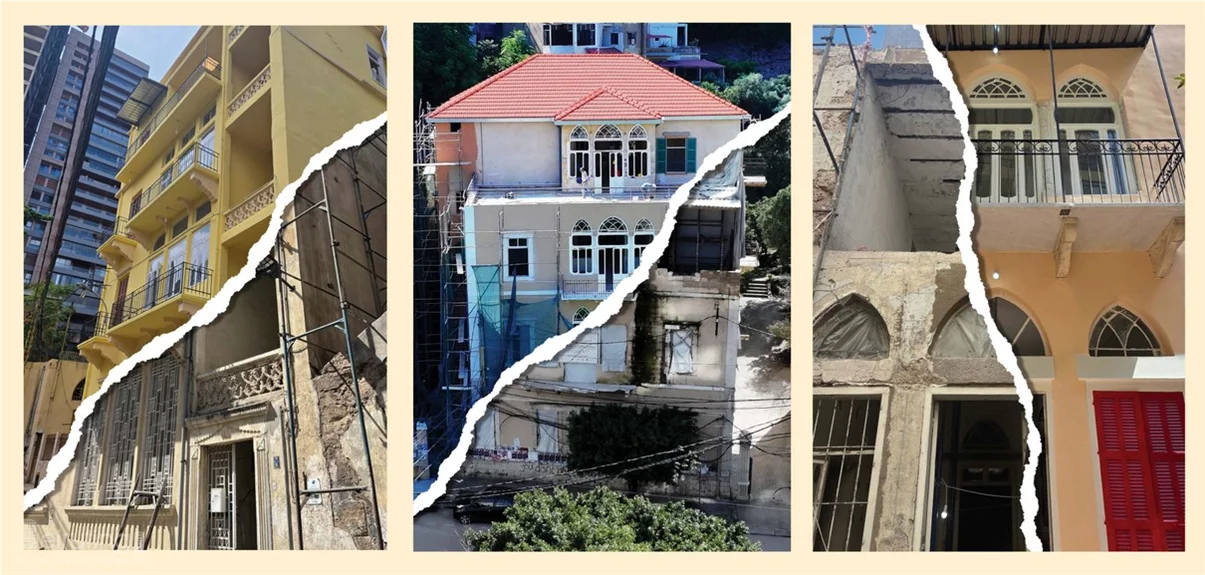
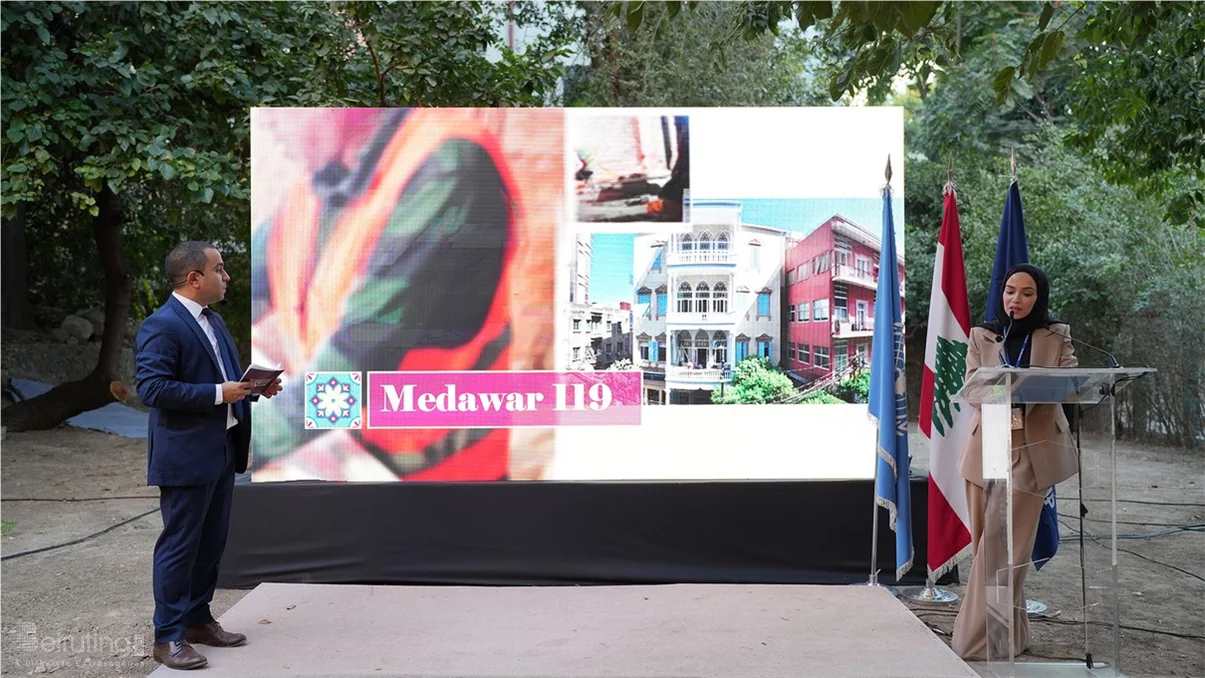
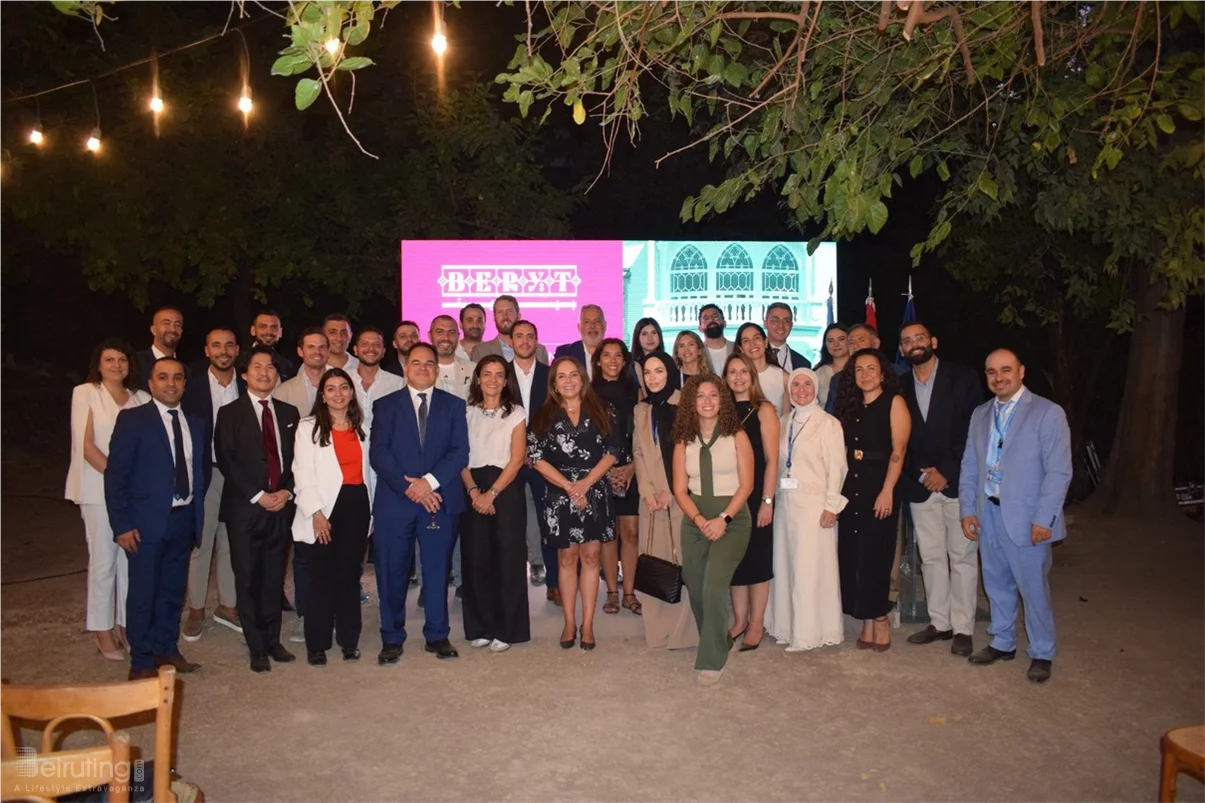
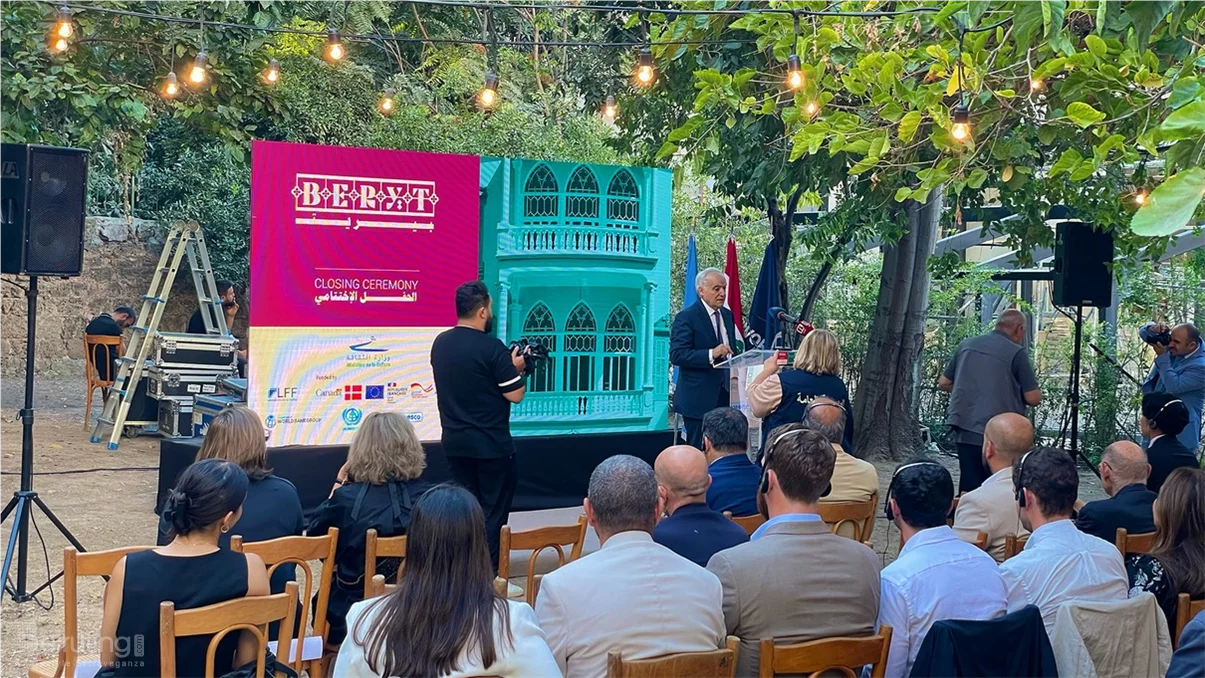
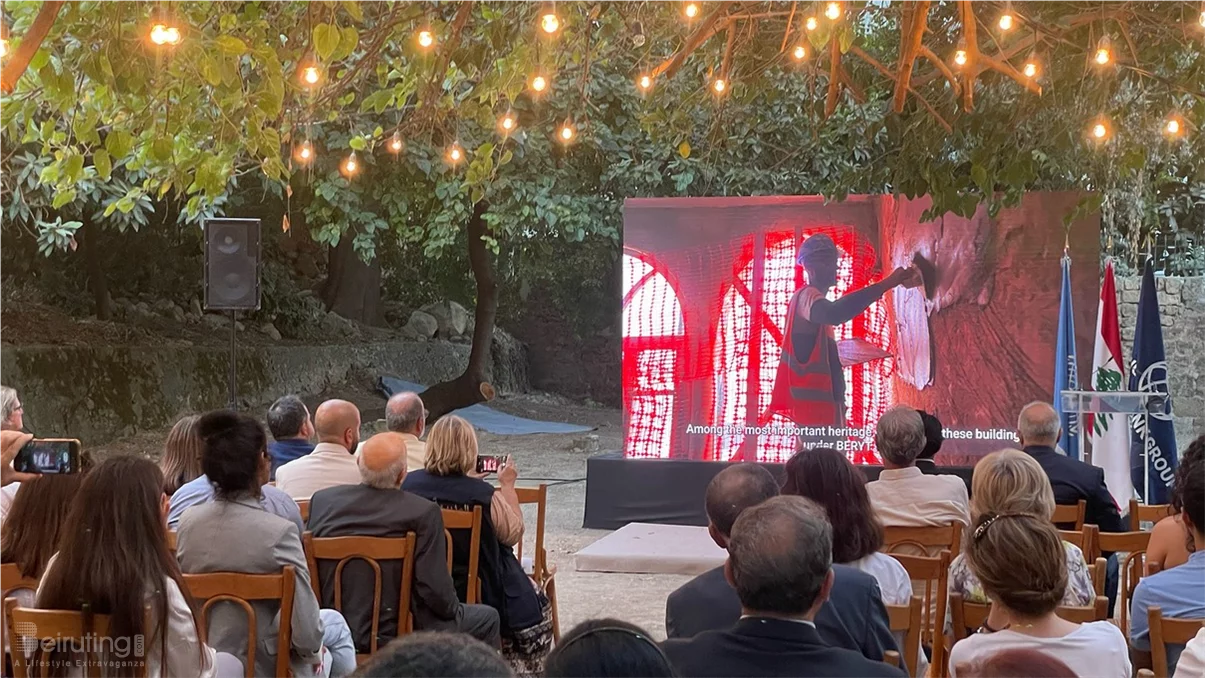
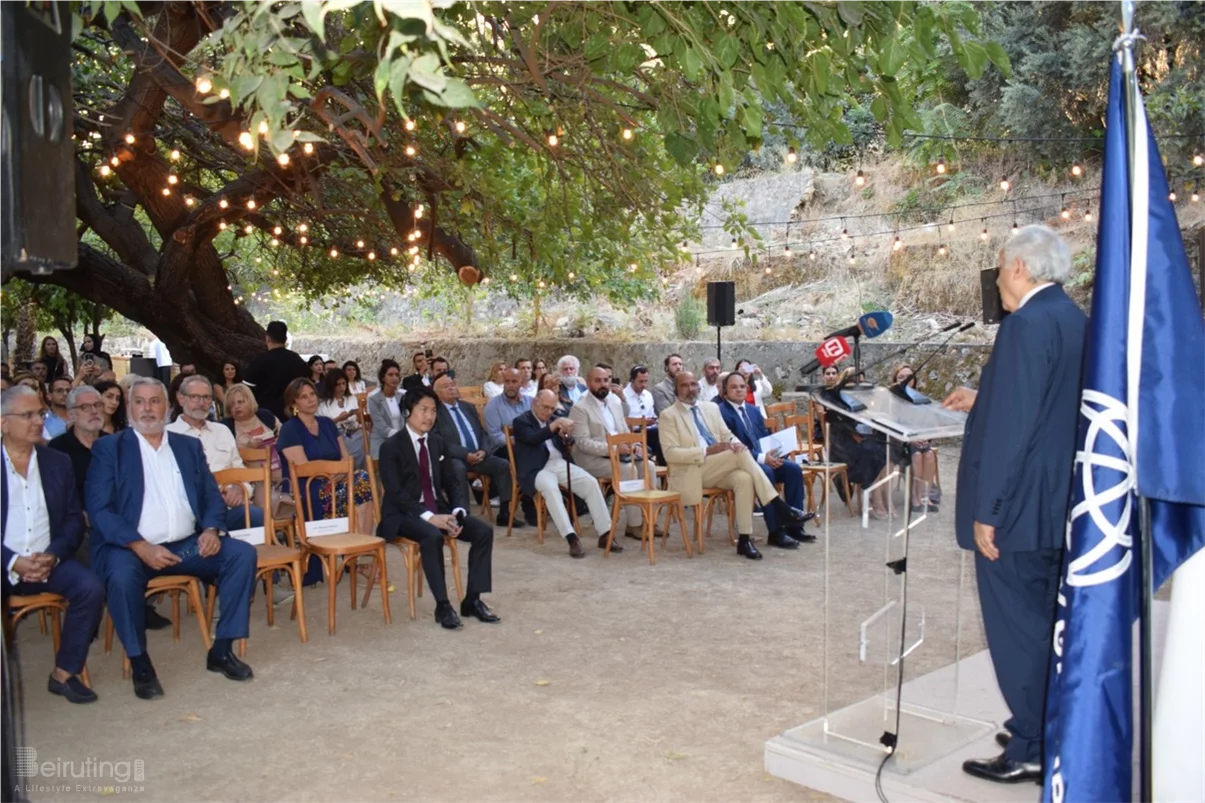
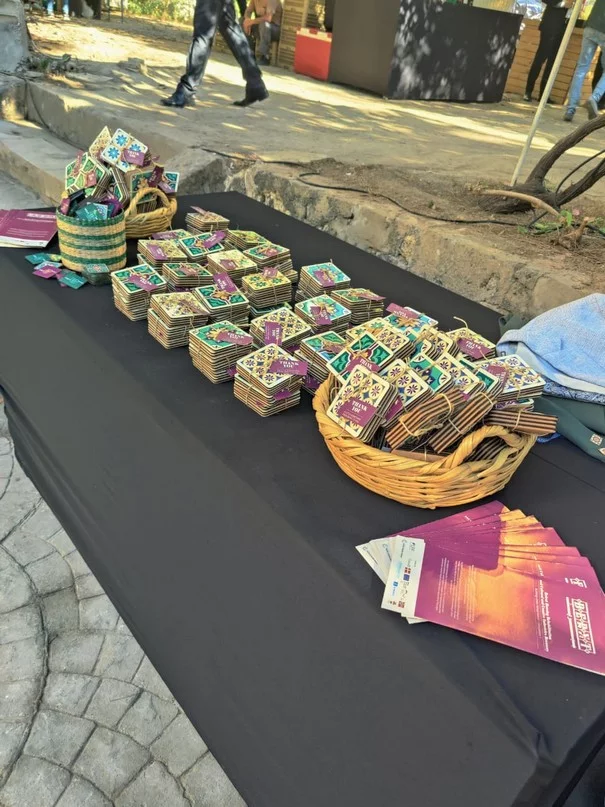
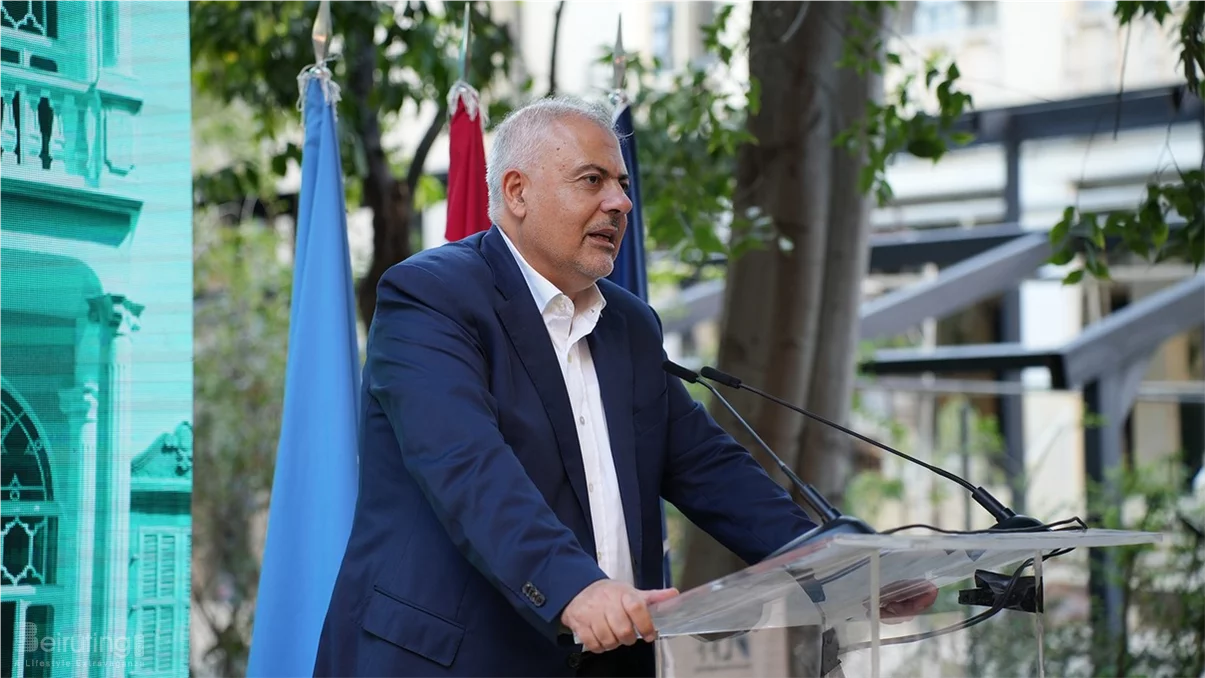
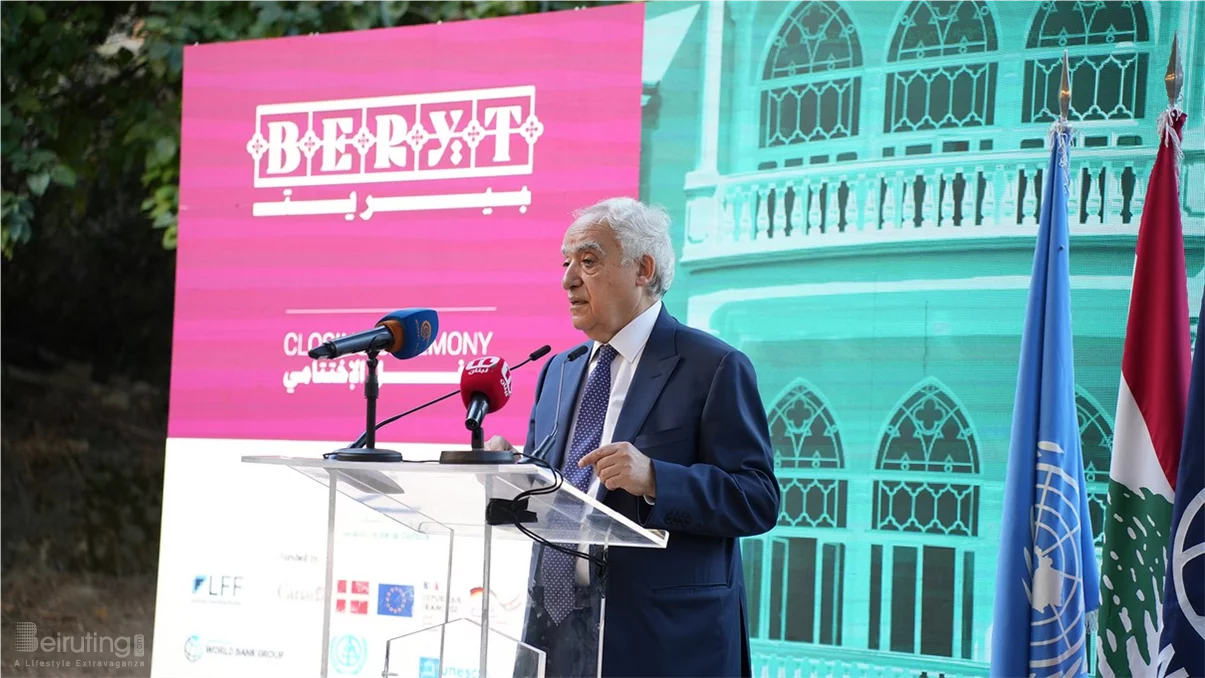
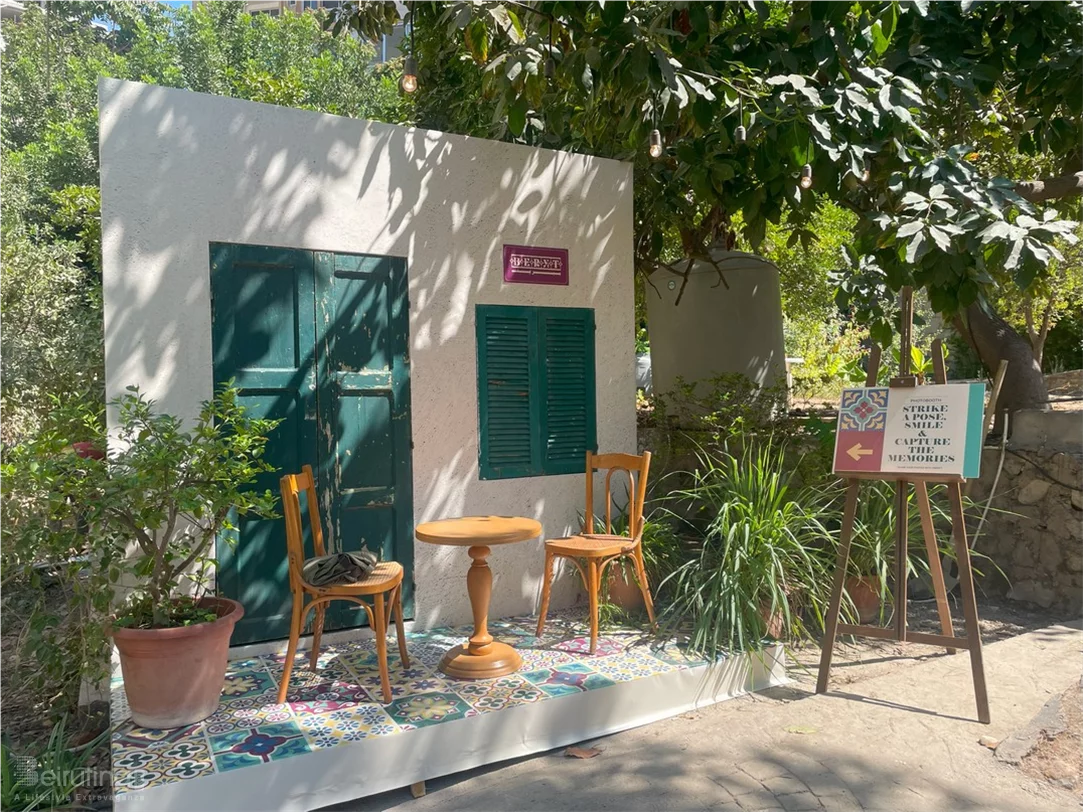
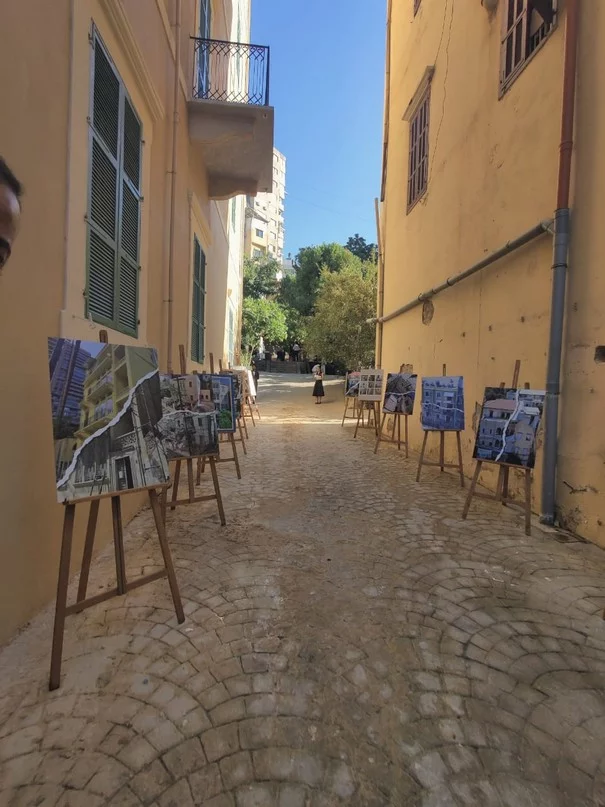
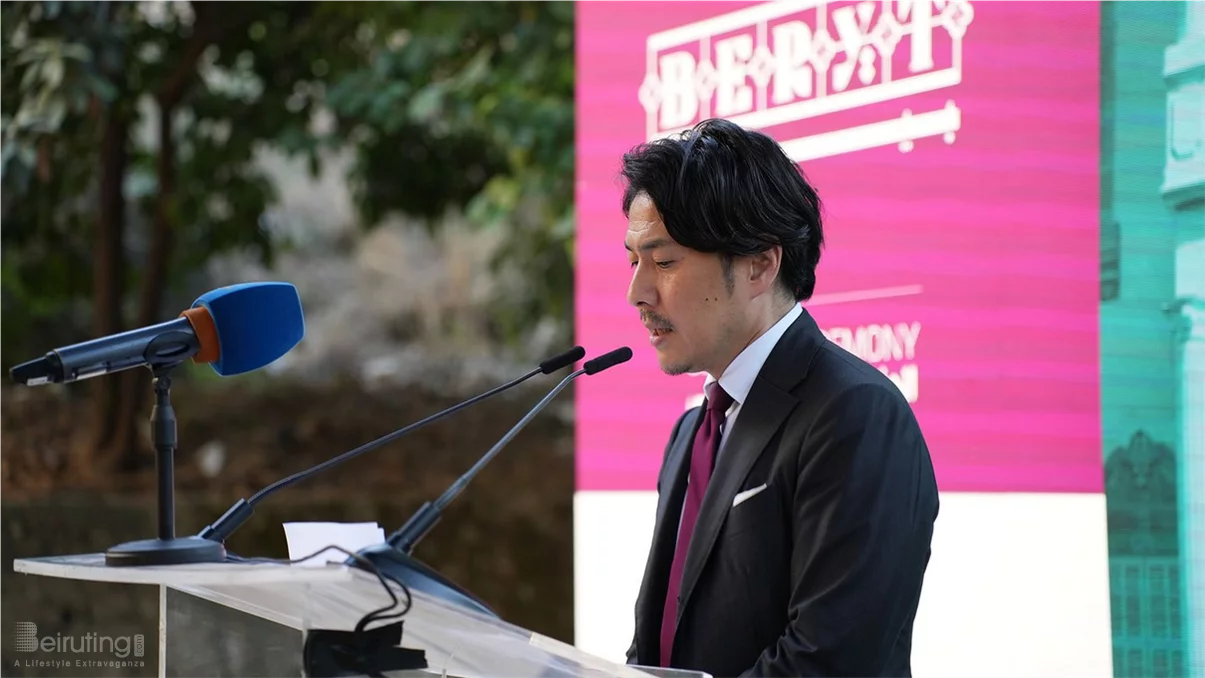
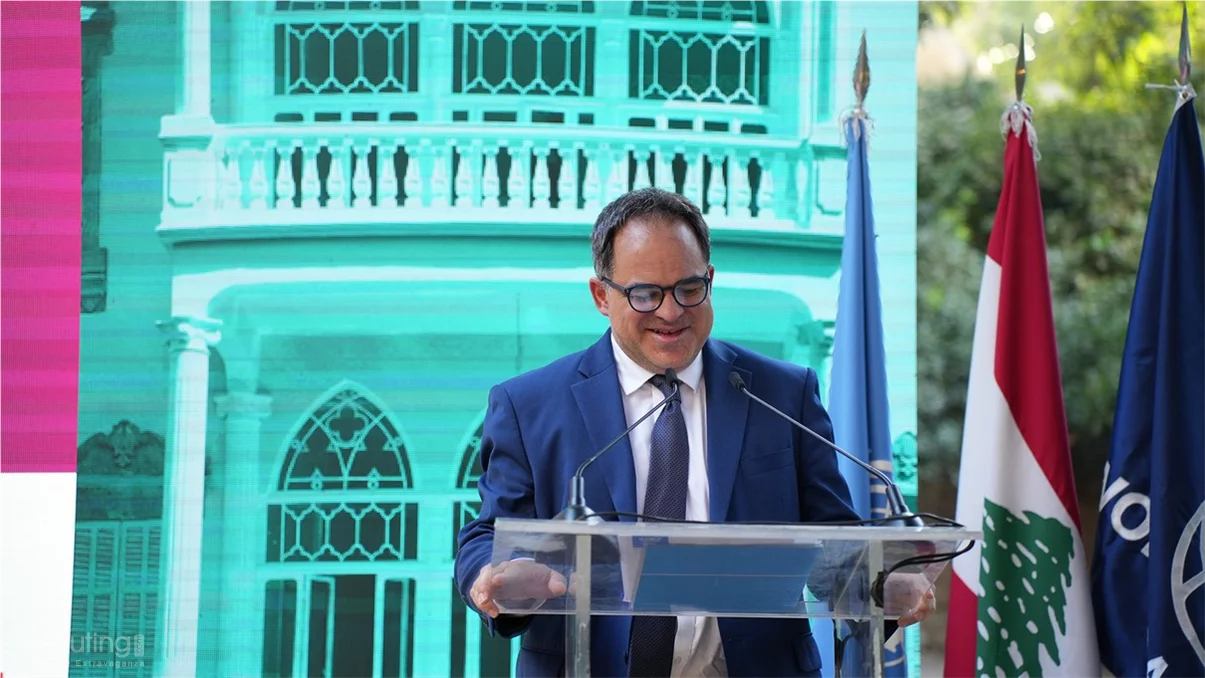

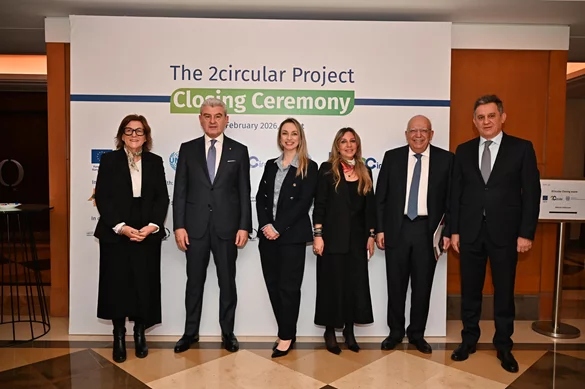

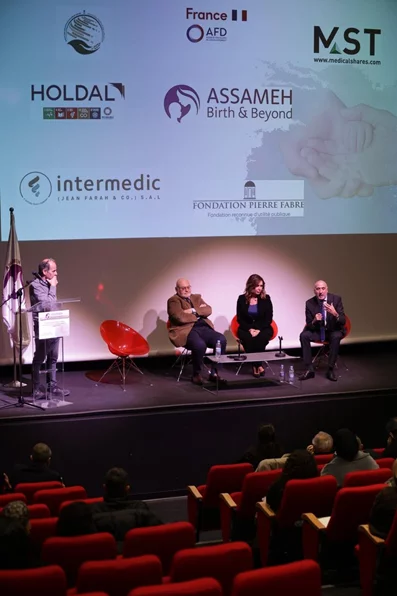

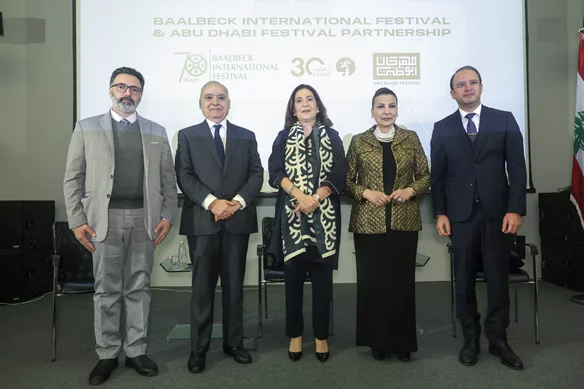


.webp)

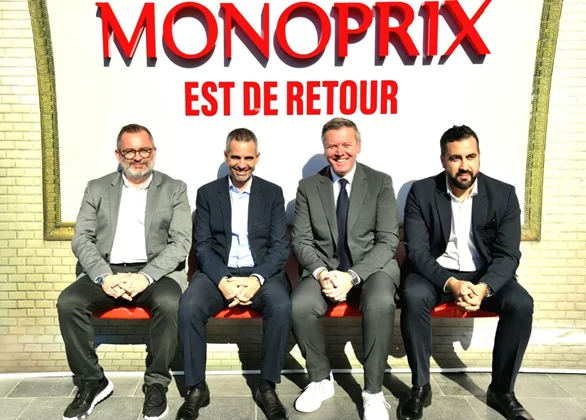


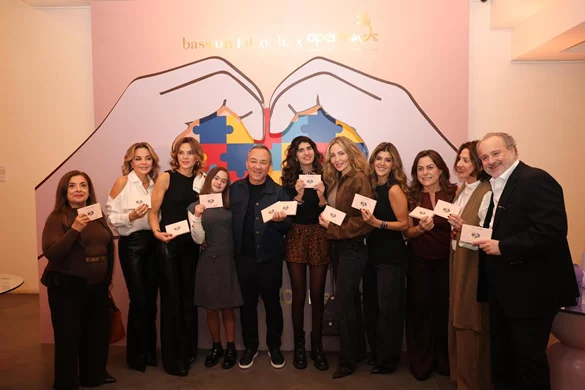


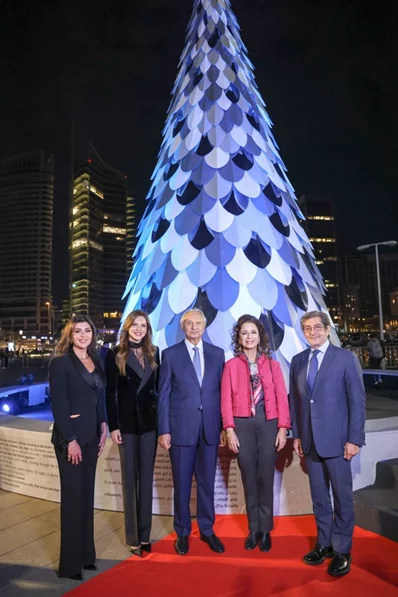
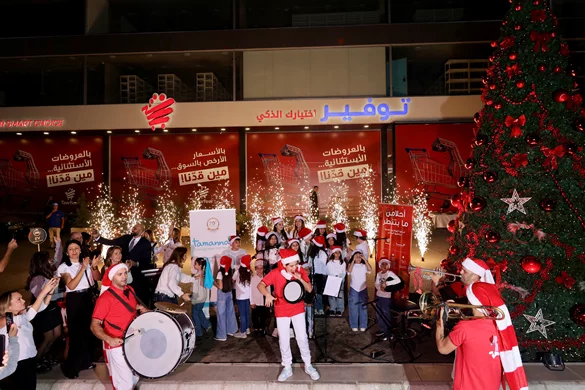
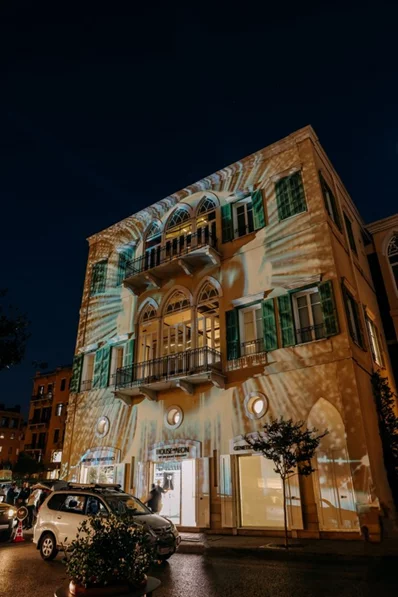
.webp)
